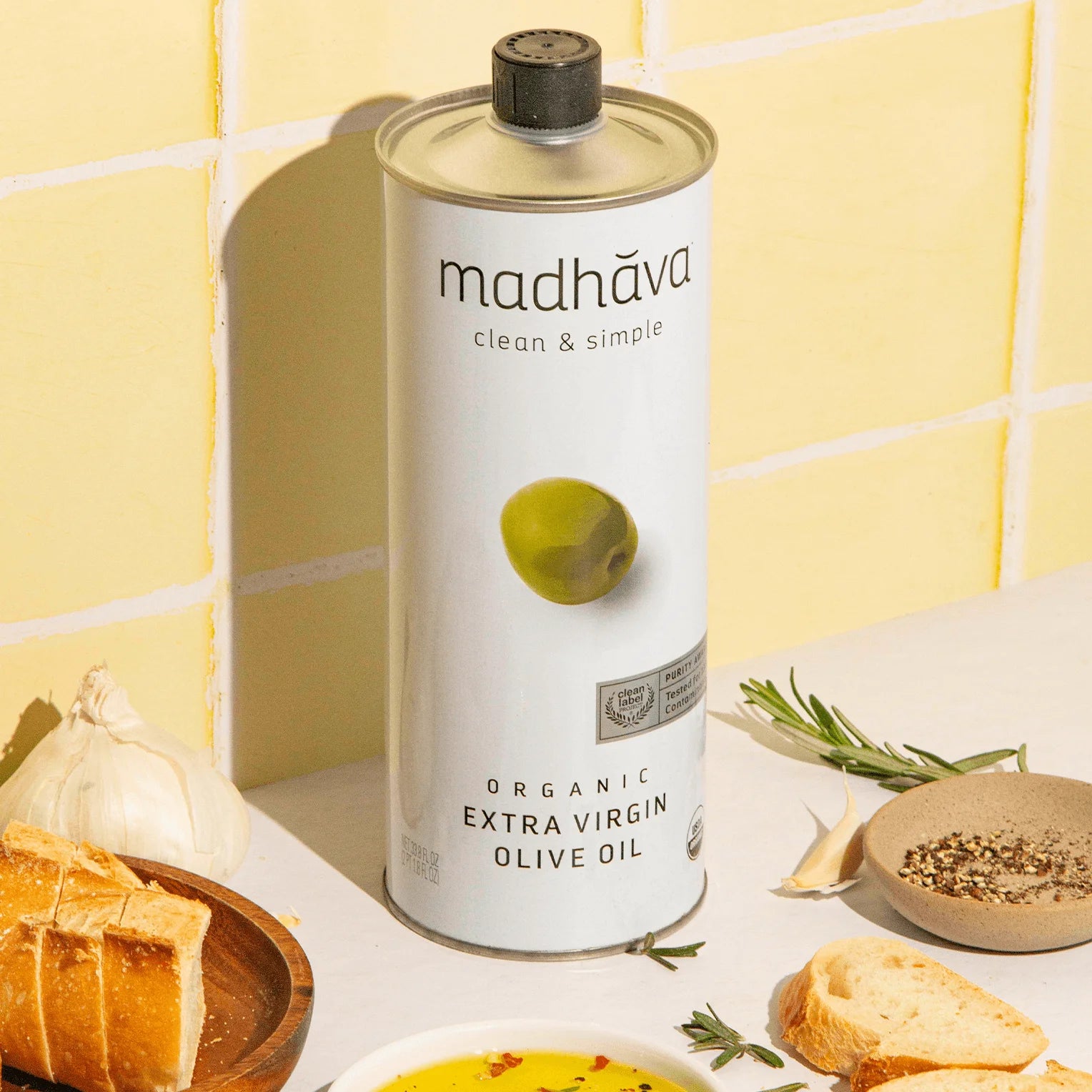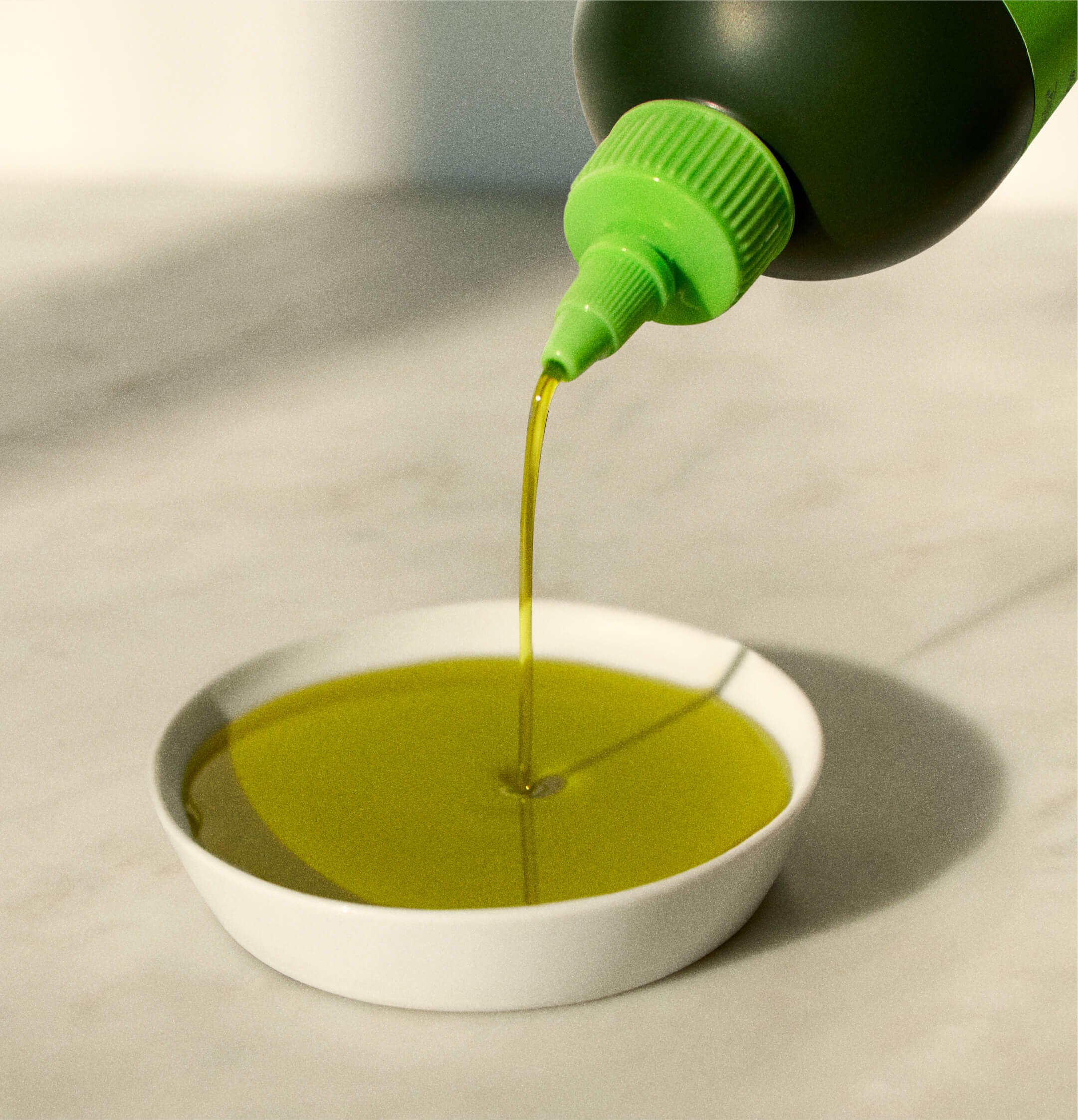How Extra Virgin Olive Oil Benefits Your Heart and Overall Well-being
How Extra Virgin Olive Oil Benefits Your Heart and Overall Well-being
Blog Article
Discovering the Different Sorts Of Olive Oil and Their Usages, Including Extra Virgin Olive Oil
The expedition of olive oil encompasses a varied variety of kinds, each offering cooking applications and distinct flavors. Bonus virgin olive oil, renowned for its superior high quality and wellness benefits, offers as a staple in many kitchen areas, yet it is just one element of this diverse active ingredient.
What Is Olive Oil?
Originated from the fruit of the olive tree, olive oil is a staple in Mediterranean cuisine and an essential active ingredient in numerous culinary applications. This flexible oil is generated by pushing whole olives, resulting in a fluid that differs in flavor, fragrance, and color relying on the kind of olives utilized, the region of farming, and the removal process. Olive oil is primarily composed of monounsaturated fats, especially oleic acid, which is understood for its prospective wellness advantages, consisting of anti-inflammatory residential or commercial properties and cardiovascular support.
In addition to its culinary uses, olive oil has a long history of application in traditional medicine and skincare, owing to its abundant antioxidant web content (extra virgin olive oil benefits). The oil is often used in dressings, sauces, and for cooking approaches such as sautéing and roasting. Its distinctive taste account can improve the taste of various dishes, making it an important ingredient for both home chefs and specialist cooks
Moreover, olive oil is celebrated for its role in the Mediterranean diet, which is related to countless health and wellness benefits. As awareness of these benefits expands, olive oil proceeds to acquire popularity worldwide as a basic element of a healthy lifestyle.
Kinds of Olive Oil
Comprehending the different kinds of olive oil is essential for both cooking enthusiasts and health-conscious customers. Olive oil is identified mostly based on its extraction approach and high quality, which significantly impacts its wellness, flavor, and aroma advantages.

Light olive oil, in spite of its name, refers to a lighter taste and not reduced calories. It is suitable for those seeking a more refined preference in marinades and dressings. In addition, there are flavorful olive oils infused with natural herbs, seasonings, or citrus, which can improve dishes without the demand for extra seasoning.
Each kind of olive oil serves specific cooking functions, and understanding these distinctions enables consumers to make enlightened options that align with their food preparation styles and health objectives.
Extra Virgin Olive Oil
Bonus virgin olive oil (EVOO) is widely considered as the finest olive oil readily available, well known for its abundant flavor and countless health and wellness advantages. To be categorized as added virgin, the oil should be generated from fresh olives utilizing mechanical procedures, without making use of solvents or too much heat. This thorough method maintains the oil's natural flavors, anti-oxidants, and healthy fats, leading to a product with a low level of acidity level of less than 0.8%.
EVOO is bountiful in monounsaturated fats, particularly oleic acid, which is connected to lowered inflammation and enhanced heart wellness. It also has polyphenols, powerful anti-oxidants that might provide safety effects against persistent conditions. The flavor profile of EVOO can differ considerably relying on the olive variety and region of manufacturing, ranging from fruity and grassy to durable and sharp.

Culinary Use Olive Oil

In cooking, olive oil can be used for sautéing, roasting, and grilling, giving a much healthier choice to butter or various other fats. Its high smoke factor makes it appropriate for different cooking methods, while its antioxidants add to a heart-healthy diet regimen. Showering olive oil over completed meals, such as pasta, fish, or barbequed vegetables, can elevate tastes and include a touch of sophistication.
Additionally, olive oil plays a considerable function in baking, where it can change standard fats in recipes for bread and pastries, imparting dampness and a refined taste. It also offers as a base for infused oils, allowing cooks to trying out flavors such as garlic, herbs, or chili, better increasing its culinary potential. check my blog On the whole, olive oil's adaptability makes it important in both home and professional cooking areas.
Deciding On Quality Olive Oil
When picking high quality olive oil, it's important to take into consideration a number of key variables that influence the item's health, scent, and taste benefits. First and leading, choose for added virgin olive oil (EVOO), which is originated from the initial cold pressing of olives and has the highest degree of antioxidants and helpful Get the facts compounds. Search for oils that are licensed by recognized companies, as this usually guarantees adherence to rigid top quality standards.
The packaging likewise plays a significant duty in preserving the oil's honesty. Choose oils saved in dark glass containers or tins to secure versus light degradation. Take notice of the harvest day; fresher oils supply exceptional flavor and nutritional worth, so pick products that are within 18 months of their harvest.
Be mindful of the preference; a great quality olive oil should have an equilibrium of fruity, bitter, and sharp notes, suggesting its richness and complexity. By evaluating these variables, you can guarantee you are selecting the best olive oil for your cooking demands.
Final Thought
In recap, the exploration of numerous types of olive oil discloses distinct features and applications, with extra virgin olive oil standing for the pinnacle of high quality due to its reduced acidity and high antioxidant web content. Comprehending the various varieties of olive oil permits for notified selections in cooking techniques, promoting healthier techniques while enriching the general gastronomic experience.
Derived from the fruit of the olive tree, olive oil is a staple in Mediterranean food and a key component in numerous culinary applications.The most typical kinds of olive visit oil consist of refined olive oil, pure olive oil, and light olive oil.Bonus virgin olive oil (EVOO) is widely related to as the highest high quality olive oil readily available, celebrated for its rich taste and countless health benefits. Choose for added virgin olive oil (EVOO), which is acquired from the first chilly pushing of olives and has the highest levels of antioxidants and helpful substances.In recap, the expedition of numerous kinds of olive oil discloses distinctive qualities and applications, with additional virgin olive oil standing for the peak of top quality due to its low level of acidity and high antioxidant material.
Report this page